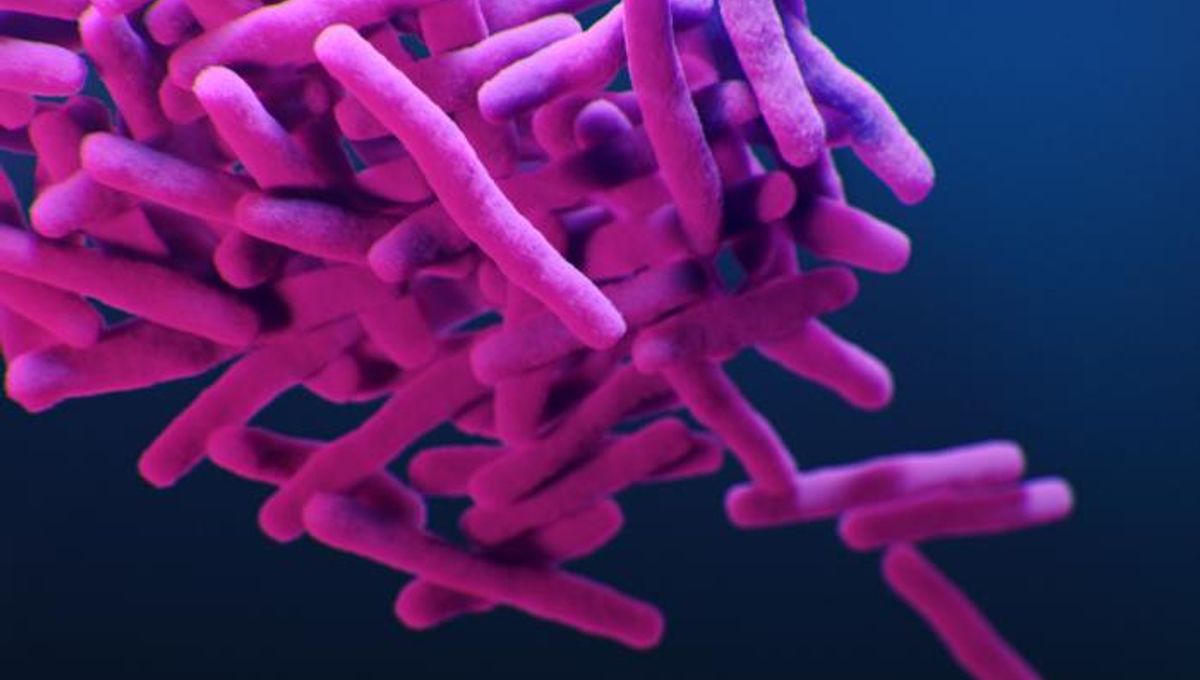
An old enemy has regained the title of the deadliest infectious disease: tuberculosis (TB). The fight to defeat TB has dramatically slowed down over the past couple of years due to the world becoming preoccupied with COVID-19, Dr Mel Spigelman, president of the nonprofit TB Alliance, told AFP.
“We went from what I honestly consider to be unbelievably slow progress, but at least progress, to a reversal,” Spigelman said. “It has been a major setback.”
“I am very worried that the progress that has been made, which has already been eroded by COVID… could be even further eroded,” Spigelman explained.
Up to 1.5 million people die from TB each year, according to the World Health Organization (WHO). Around half of all TB cases are found in eight countries: Bangladesh, China, India, Indonesia, Nigeria, Pakistan, Philippines, and South Africa.
For comparison, COVID-19 has killed over 6.5 million people in under three years, according to the Johns Hopkins University dashboard as of October 24, 2022. Now that the fatality rate of COVID-19 has slowed to around 1,449 deaths each day, TB can now be considered the leading infectious cause of death once again, killing over 4,000 each day.
In 2020, nearly 80 percent of TB programs reported disruption to services. The COVID-19 pandemic impacted lab tests, treatments, and reporting services. Similar problems were reported in malaria and HIV prevention programs too. It’s unclear how this slowdown will be reflected in the number of fatal TB cases, but it’s unlikely to be helping the situation.
TB is an infectious disease spread by bacteria that typically affects the lungs, although it can also affect other parts of the body. The disease used to be known as consumption, typically resulting in a prolonged cough, chest pain, fever, chills, night sweats, loss of appetite, weight loss, and fatigue.
Despite its high death toll, the disease is perfectly preventable with the proper treatment, typically a 6-month course of four antibiotics. However, drug-resistant TB is also becoming an increasing problem. It’s believed that around five percent of TB cases yearly are resistant to commonly-prescribed antibiotics.
To make matters worse, there’s been a real lack of developments in the treatment of TB. Spigelman believes that one of the prime reasons behind this stagnation is the belief that TB is “a disease of the poor” that overwhelmingly impacts the Global South.
“If rich people around the world were getting it, I think we would see a very different response,” he argued.
Source Link: COVID-19 Loses "World's Biggest Infectious Killer" Title To An Old Foe